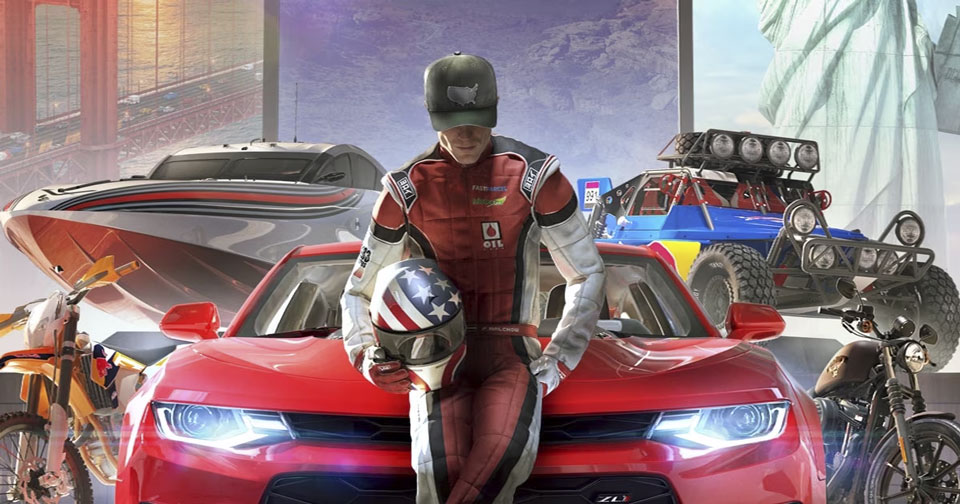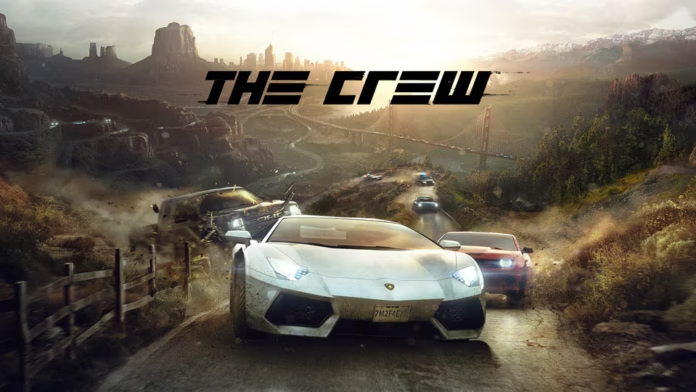In a legal battle that’s sending shockwaves through the gaming community, Ubisoft has taken a firm stance in an ongoing lawsuit regarding the shutdown of The Crew‘s servers, arguing that players do not actually own their video games—they only own a license to access them.
This statement, made during Ubisoft’s defense against a class-action lawsuit, has reignited fierce debates around digital ownership, game preservation, and consumer rights in the gaming world.
⚖️ The Crew Shutdown Sparks a Legal Fight
Back in March 2024, Ubisoft officially shut down the servers for The Crew (2014), making the game completely unplayable even for players who had paid full price. Unlike many other online games, The Crew was always-online, meaning server closure rendered both online and single-player modes inaccessible.
Angry players quickly organized, leading to a class-action lawsuit accusing Ubisoft of unfair practices and false advertising. The plaintiffs argue that purchasing a “full-priced game” should grant lasting access to the product, not temporary access tied to server status.
📜 Ubisoft’s Defense: You Own a License, Not the Game
In court filings, Ubisoft’s legal team firmly stated:
“Players do not purchase the video game itself. They purchase a limited, non-transferable license to access and use the content under specific terms and conditions.”
They emphasized that Ubisoft’s End User License Agreements (EULAs) — agreements players must accept before playing — clearly state that access can be revoked at the company’s discretion, especially if the infrastructure needed to support the game is shut down.
In short:
-
Players buy permission to play the game, not the game itself.
-
Ubisoft reserves the right to disable access when servers are decommissioned.
-
This is standard practice across most digital gaming platforms, according to Ubisoft.

🔥 Community Reaction: Outrage and Fear
Gamers across the internet have reacted with outrage to Ubisoft’s position, viewing it as a dangerous precedent for the future of digital games.
Common criticisms include:
-
Lack of transparency: Many players feel that “buying” a game implies ownership, not renting.
-
Game preservation concerns: With server-based games vanishing, historical gaming records could be lost forever.
-
Fear for future purchases: What happens to other Ubisoft titles—or any digital game—if companies invoke the same argument?
Some industry analysts warn that if Ubisoft wins this case, other publishers might feel empowered to be even more aggressive about sunsetting games, DLCs, and services without compensation.

